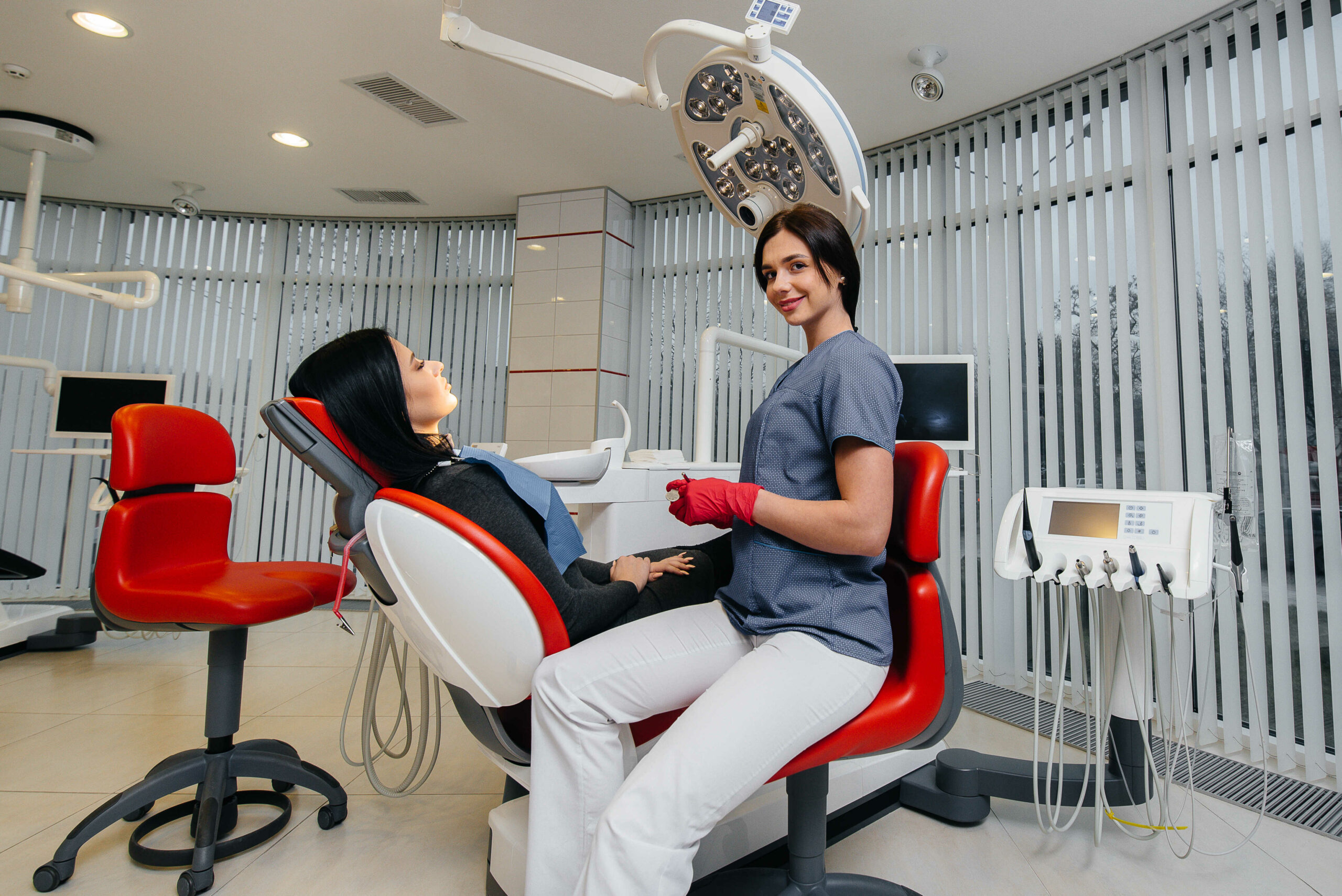How to Access Expert Emergency Dentist Edmonton for Your Dental Crisis
How to Access Expert Emergency Dentist Edmonton for Your Dental Crisis
Blog Article
Emergency Situation Dental Care: Quick Alleviation for Tooth Pain and Accidents
Emergency oral treatment is an important part of keeping oral health, particularly when unanticipated events happen or severe discomfort emerges. Comprehending the signs that require instant attention can significantly affect results, stopping more complications. From intense toothaches to stressful injuries, acknowledging the urgency of these scenarios is paramount. Many people remain unpredictable concerning the particular circumstances that warrant punctual intervention. This obscurity typically leads to hold-ups in seeking assistance, which can worsen the problem handy. Exploring the typical types of dental emergency situations and the proper responses is necessary for informed decision-making during these essential moments.
Recognizing Dental Emergency Situations
Oral emergencies regularly arise without warning, necessitating prompt attention to reduce discomfort and prevent further problems. Comprehending the nature of dental emergencies is critical for both patients and healthcare carriers to ensure reliable monitoring. These situations can range from sharp pain and injury to infections that call for prompt treatment.
One secret element of dental emergency situations is acknowledging the indications that need immediate care. Signs and symptoms such as extreme toothaches, swelling, or blood loss can indicate underlying concerns that, if left unattended, may result in significant wellness issues. Furthermore, trauma to the mouth, whether from sports injuries or crashes, can cause damages to teeth and surrounding cells, necessitating speedy analysis and treatment.
Recognizing the urgency and possible consequences of dental emergency situations empowers individuals to make enlightened decisions, inevitably leading to better results and boosted dental wellness (emergency dentist edmonton). By prioritizing timely interest to oral situations, people can minimize discomfort and guard their overall well-being.
Common Types of Dental Emergencies
Running into various kinds of dental emergencies requires an extensive understanding of the conditions that demand immediate care. Common dental emergencies can dramatically affect a client's oral health and overall wellness.
Serious discomfort typically shows a hidden issue that requires timely treatment. An additional common emergency is a busted or broke tooth, usually created by trauma or too much force.
Knocked-out teeth represent a crucial emergency situation, where prompt action is important for possible reimplantation. Conservation of the tooth in an appropriate tool, such as milk or saline, is vital while looking for specialist aid.
Furthermore, oral abscesses, defined by localized infection, existing as swelling and discomfort. These call for immediate treatment to avoid the spread of infection.
Finally, soft tissue injuries, including lacerations or cuts to the gum tissues, cheeks, or tongue, can likewise demand emergency situation care. Addressing these problems promptly is essential in mitigating issues and guaranteeing ideal oral health.
When to Seek Immediate Care

Mishaps resulting in dental trauma-- such as a knocked-out tooth, fractured or chipped teeth, or injuries to the gums-- demand instant treatment (emergency dental edmonton). When it comes to a knocked-out tooth, time is important; it should be reinserted or saved in milk or saline and taken to the dental professional within an hour for the ideal possibility of successful reattachment
In addition, extended bleeding from the mouth or any kind of dental lacerations that do not quit may represent a more serious problem calling for instant treatment. Oral swelling, particularly if it influences breathing or ingesting, is another warning. On the whole, if you experience any kind of abrupt modifications in your oral health or physical discomfort that intensifies rapidly, seek prompt oral care to minimize possible difficulties and guarantee your health.
Managing Discomfort at Home
Efficient management of dental pain in the house my response can significantly alleviate pain while awaiting professional therapy. Numerous methods can be employed to resolve pain and lower inflammation properly.
Applying a cool compress to the exterior of the cheek can also assist numb the location and minimize swelling. This method is particularly effective within the first 24 hours following an injury or onset of pain.
Additionally, keeping dental health is crucial. Carefully washing the mouth with warm seawater can aid decrease and clean the afflicted area inflammation. Clove oil, understood for its natural analgesic homes, can be applied moderately to the periodontal area utilizing a cotton sphere for local alleviation.
Preventing particular foods-- such as those that are hard, crispy, or exceptionally warm or cold-- can prevent exacerbation of pain. Finally, making sure adequate hydration and rest will certainly sustain total recuperation while awaiting professional oral care. These natural home remedy can give a substantial level of alleviation till a dentist can be consulted.

What to Anticipate at the Dental Expert
A visit to the dental professional can typically be a resource of anxiety, yet comprehending what to anticipate can alleviate problems and promote a smoother experience. Upon arrival, you will typically sign in at the function, where you may need to complete kinds concerning your case history and oral issues. Following this, an oral aide will guide you to the evaluation room and take needed radiographs, if applicable.
As soon as resolved, the dentist will certainly carry out an extensive assessment of your teeth and gums. If you are experiencing discomfort or discomfort, make sure to communicate this plainly, as it will aid the dentist tailor the assessment to your demands. Depending on the findings, they may recommend check this site out therapies, which could involve filling up dental caries, doing removals, or various other treatments.
Throughout any kind of treatment, anticipate to receive regional anesthesia to decrease pain. The dental expert will explain each action of the procedure, ensuring you feel informed and comfortable. After the treatment, the dental group will supply aftercare directions to help handle your recovery properly. Keep in mind, open interaction with your dental professional is key to ensuring a favorable experience and accomplishing optimal oral health.
Final Thought
In final thought, emergency situation dental treatment plays a crucial duty in relieving tooth pain and attending to immediate oral concerns. People are urged to familiarize themselves with reliable discomfort administration methods at home, while also being prepared for the treatments that might be embarked on by dental professionals throughout emergencies.
Emergency dental care is a vital element of preserving oral health, especially when unanticipated incidents happen or severe discomfort arises.Oral emergencies regularly develop without warning, necessitating punctual attention to reduce pain and protect against further complications.In verdict, emergency situation dental care plays a crucial role in minimizing tooth discomfort and dealing with immediate oral problems. Recognizing the indications of oral emergency situations and understanding when to look for prompt treatment can significantly affect dental wellness results. Individuals are encouraged to familiarize themselves with efficient discomfort management methods at home, while likewise being prepared for the treatments that may be undertaken by oral professionals during emergencies.
Report this page